World AIDS Day 2025
Published in Sustainability and General & Internal Medicine
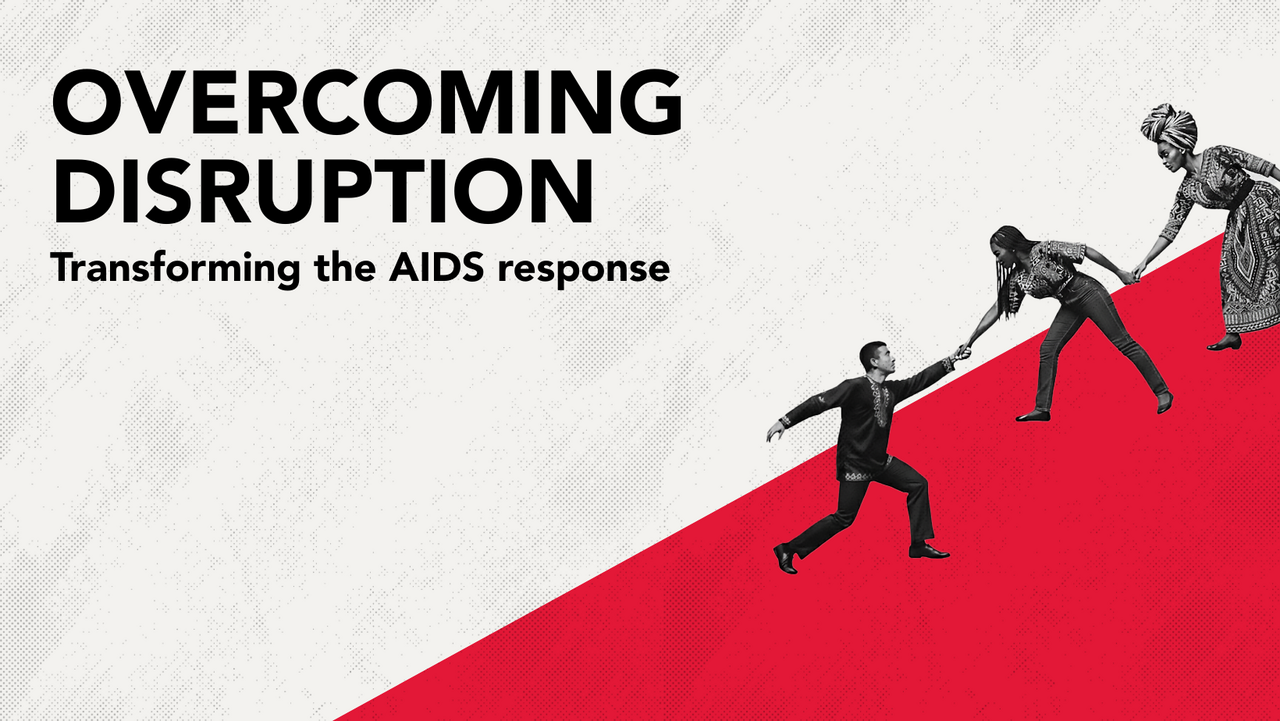
On December 1st, the world comes together to remember, reflect on and recommit to ending one of the most defining health challenges of our time: the HIV/AIDS pandemic.
In 2024, an estimated 40.8 million people were living with HIV globally, 630,000 of which died from HIV-related causes in that year. Moreover, an estimated 1.3 million people acquired HIV in 2024 alone, as transmission is ongoing in all countries globally.
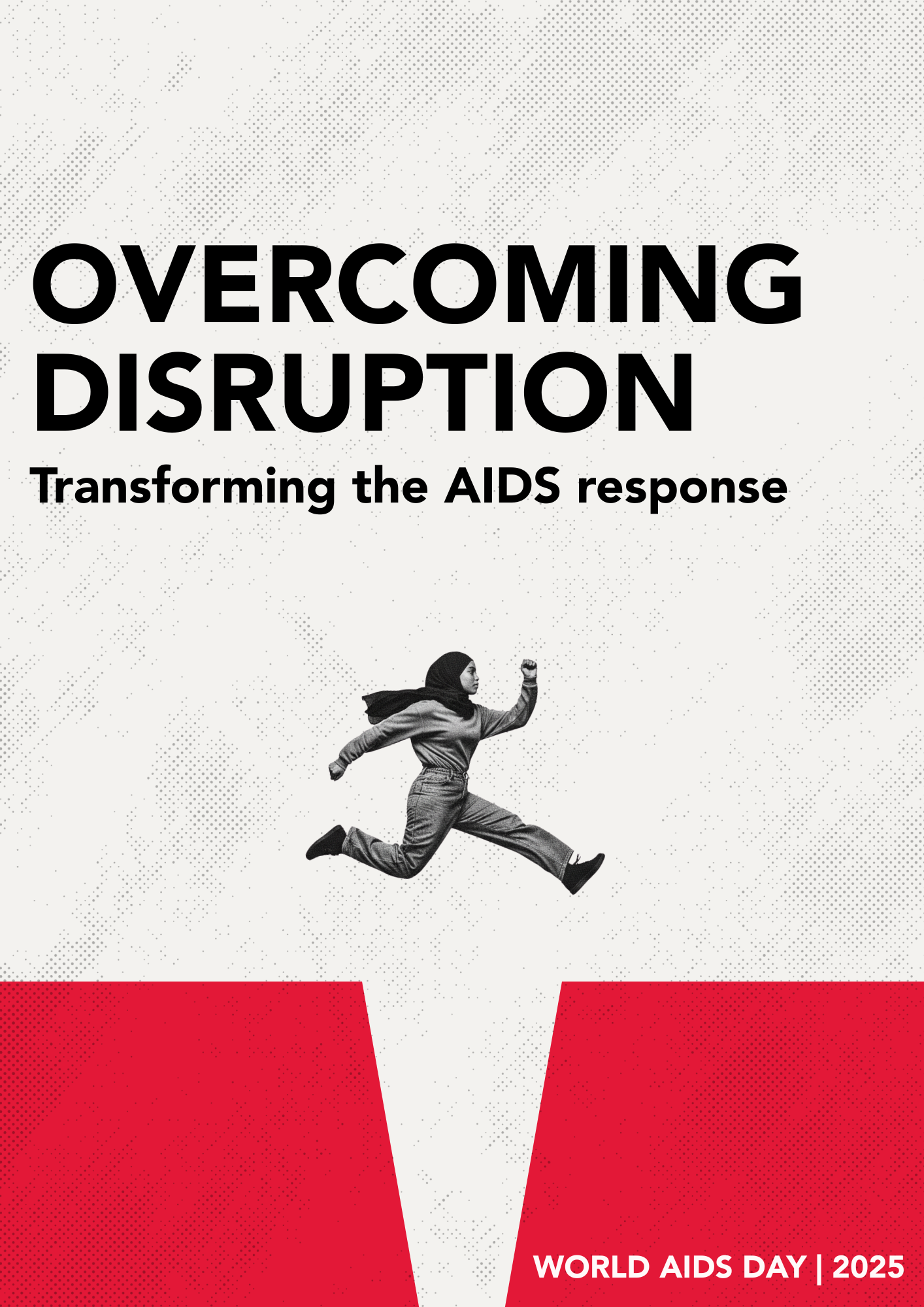
Since its establishment in 1988 by the World Health Organization (WHO), World AIDS Day has united global communities not only through a call to action, but also as an initiative to share materials, research, resources, and experiences.
This year’s theme is “Overcoming disruptions, transforming the AIDS response” calling for global collaboration towards progressing years of research and advances towards tangible changes and service implementation, by involving political leadership and focusing on communities that are disproportionally affected, with the overarching goal of ending AIDS by 2030.
The WHO rightfully states that “ending AIDS means addressing the inequalities that drive the epidemic”, because only by improving access to healthcare and prevention for particularly vulnerable populations, can we decrease the number of new infections. Ensuring that everyone has access to HIV prevention, treatment, and care aligns with the UN Sustainable Development Goal 3, with targets 3.3, 3.7 and 3.8 in particular.
Click on the above link to learn more about HIV and AIDS.
In recognition of this call to action, this blog highlights a curated selection of Springer Nature content that contribute to advancing and raising awareness surrounding HIV/AIDS research and initiatives.
Highlights from Springer Nature Journals ![]()
There are many articles surrounding AIDS and HIV that have been published within Springer Nature journals, some of which we have highlighted in Research Communities blogs in collaboration with some of our authors and editors.
 In particular, the journal AIDS Research and Therapy publishes many peer review studies of basic, translational, clinical science and more. Dr Barbara Castelnuovo, the Editor-in-Chief of the journal, has written a very interesting blog about her research in Uganda, where her work with older people with HIV has given insights into healthy aging for all older people.
In particular, the journal AIDS Research and Therapy publishes many peer review studies of basic, translational, clinical science and more. Dr Barbara Castelnuovo, the Editor-in-Chief of the journal, has written a very interesting blog about her research in Uganda, where her work with older people with HIV has given insights into healthy aging for all older people.
Back in April, the journal published the review article "Clinical trials of broadly neutralizing monoclonal antibodies in people living with HIV – a review", which highlighted relevant clinical trials and discussed how advances in antibody-based therapies are paving the way for new prevention and treatment strategies in the global response to HIV. One of the authors of the review, Dr Sharana Mahomed, has kindly written a blog in observance of World AIDS Day 2025.
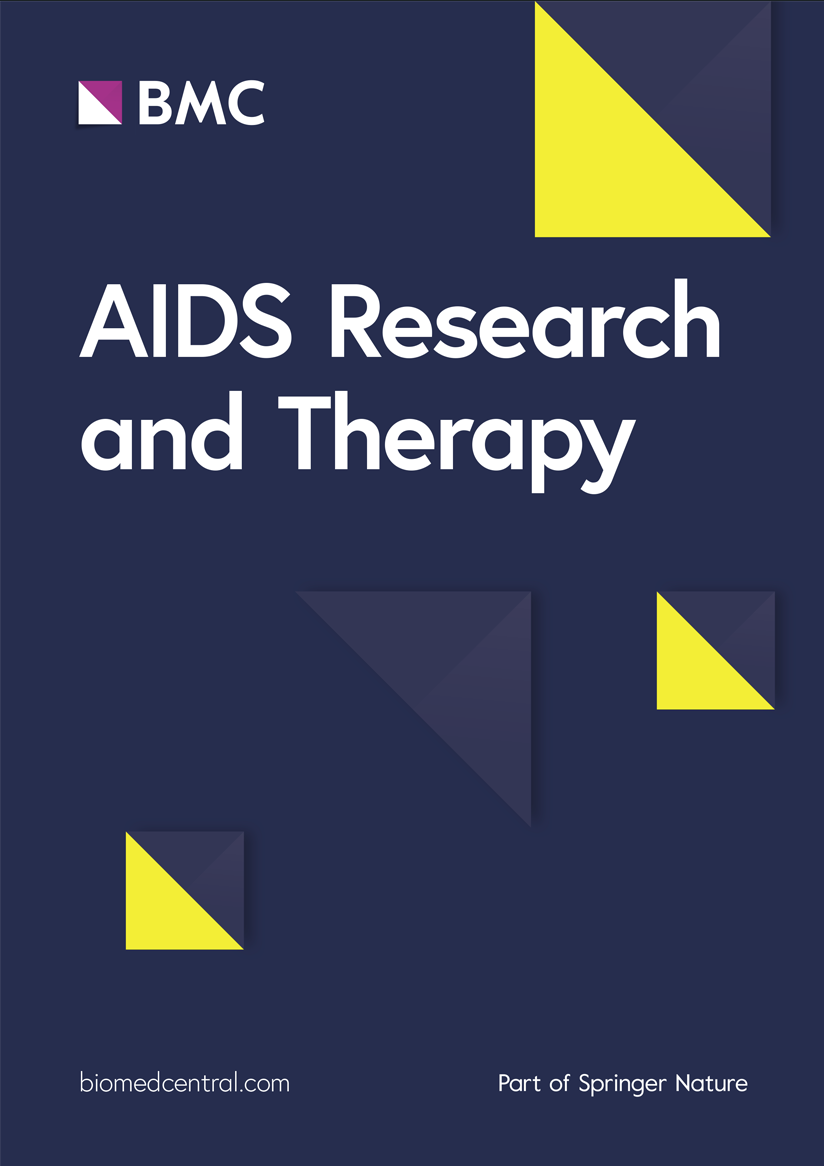 For the same occasion, Dr Christine Atuhairwe, who had also authored a research article published in AIDS Research and Therapy, has written a blog. The blog reflects on the research behind the paper “Predictors of survival among older adults with HIV in Uganda’s AIDS support organization centers of excellence (1987–2023): a retrospective longitudinal study”, which investigated how predictors can inform effective clinical interventions to improve outcomes for patients with AIDS.
For the same occasion, Dr Christine Atuhairwe, who had also authored a research article published in AIDS Research and Therapy, has written a blog. The blog reflects on the research behind the paper “Predictors of survival among older adults with HIV in Uganda’s AIDS support organization centers of excellence (1987–2023): a retrospective longitudinal study”, which investigated how predictors can inform effective clinical interventions to improve outcomes for patients with AIDS.
Finally, an editorial board member of the BMC Global and Public Health journal, Dr. Robert Paulino-Ramírez, kindly answered a few questions for us to write a Q&A blog, highlighting his work on HIV prevention and stigma reduction, as well as discussing his hope for a more compassionate healthcare system.
Below are a few more articles published in Springer Nature journals:
- To what extent is equity entrenched in HIV/AIDS-related policy documents in Ethiopia? A policy content analysis | Health Research Policy and Systems
- Effect of differentiated service delivery models for HIV treatment on healthcare providers’ job satisfaction and workloads in sub-Saharan Africa: a mixed methods study from Malawi, Zambia, and South Africa | Human Resources for Health
- The precarious future of HIV and AIDS programs in Zimbabwe following international funding freeze: impact and strategic interventions | Journal of Epidemiology and Global Health
- Immune-mediated strategies to solving the HIV reservoir problem | Nature Reviews Immunology
- Optimal characteristics of peer navigators: adapting peer-based intervention with street-involved youth in Canada and Kenya with the aim of increasing HIV prevention, testing and treatment | Health Research Policy and Systems
- Strengthening PrEP services at community-based organizations for Latinx men who have sex with men: an implementation science approach | Archives of Public Health
Collections calling for submissions
There are a few Journal Collections that are calling for submissions on research surrounding AIDS; click on the links below to learn about submission deadlines and more.

BMC Health Services Research is calling for papers for their collection titled “HIV stigma as a barrier to accessing health care”, which closes on the 8th of May 2026.
Other collections have gathered research surrounding AIDS in 2025; namely:
- “Neurological complications of HIV infection” for BMC Neurology;
- “HIV and TB co-infection" and “HIV long-acting treatments: prophylactic and therapeutic” for BMC Infectious Diseases;
- “HIV care” for BMC Health Services Research.
Check out our collection “World AIDS Day”, to which multiple journals participated; namely AIDS Research and Therapy, Infectious Agents and Cancer, Journal of Health, Population and Nutrition, Reproductive Health, Retrovirology, and Virology Journal. Please consult the submission guidelines and deadlines on the individual journal websites. Currently, Retrovirology and Virology Journal are still accepting submissions.
Retrovirology and AIDS Research and Therapy also had a collection that closed last year, called “Human Retroviruses and AIDS”.
Highlights from the ISRCTN Clinical Study Registry
A recent study has been investigating how real-world implementation of same-day antiretroviral therapy can improve long-term treatment outcomes. The principal investigator of the study, Dr Siyakudumisa Nontamo, has written a blog behind this research and its impact.
Check out some other studies from the links below:
- A study looking at using two drugs as dual anti-HIV therapy in people who have previously had brain injury caused by HIV
- Development of a program to monitor patients who were started on HIV treatment on the same day of HIV diagnosis
- Investigating an intervention to improve screening, diagnosis and treatment of persons with vert early HIV infection at Indonesian sexual health clinics
Book Chapters
Here, we highlight a couple of Book Chapters published by Springer Nature in 2025 that touch on topics surrounding AIDS and HIV.
‘“Low Risk Doesn’t Mean No Risk”: The Making of Lesbian Safer-Sex and the Creation of New (S)experts in the Late Twentieth Century’ a chapter in ‘Everyday Welfare in Modern British History’ considers the ways in which lesbian safer-sex was defined, discussed, and practiced in Britain during the AIDS crisis. The chapter interrogates those positioned as “experts” in shaping lesbian safer-sex guidance, where their authority came from, and how their definitions of risk and safety were circulated, adapted and, at times, resisted.
Another book, ‘Mathematical Modeling for Women’s Health’, features a chapter on ‘Extended-Release Pre-exposure Prophylaxis and Drug-Resistant HIV’ which examines how long-acting cabotegravir (CAB-LA) shapes the early dynamics of HIV infection.
Springer Nature Research Communities
Discover more insightful blogs related to HIV prevention and community engagement by exploring our Springer Nature Research Communities website. This platform hosts a variety of articles and discussions from experts in the field; use the search function on the website to discover relevant content and stay informed about the latest developments and initiatives.
Conclusion
This World AIDS Day, let’s all take a moment to learn about all the research and initiatives that are happening with the goal of ending AIDS by 2030. Insights from Springer Nature continue to underscore the importance of open research, innovation, and equitable access to scientific knowledge in shaping our response to HIV.
Image credits
The banner for this blog was taken from the WHO Campaign Materials website, and were made by UNAIDS.
Follow the Topic
-
Current HIV/AIDS Reports

Current HIV/AIDS Reports provides in-depth review articles contributed by international experts on the most significant developments in the field.
-
AIDS Research and Therapy

This journal publishes studies of basic, translational, clinical, epidemiological, behavioral and educational science addressing treatment and prevention of HIV/AIDS and associated conditions.
-
Nature Reviews Immunology

This journal provides in-depth coverage of all areas of immunology, from fundamental mechanisms to applied aspects.
Related Collections
With Collections, you can get published faster and increase your visibility.
Topical Collection on HIV Pathogenesis and Treatment
Publishing Model: Hybrid
Deadline: Ongoing
Topical Collection on The Science of Prevention
Publishing Model: Hybrid
Deadline: Ongoing

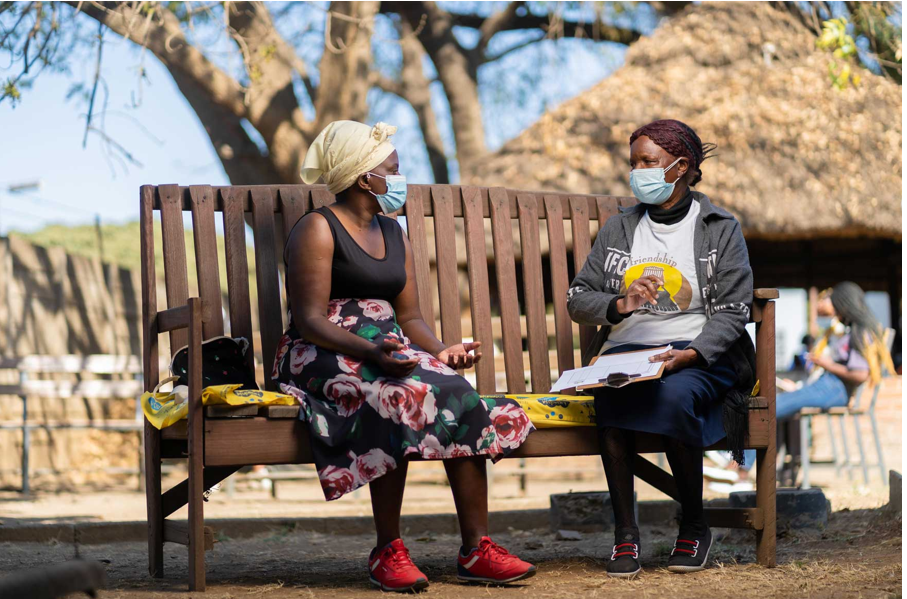
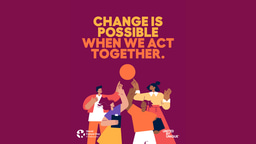


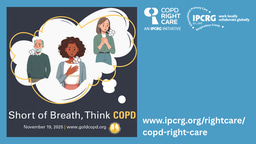

Please sign in or register for FREE
If you are a registered user on Research Communities by Springer Nature, please sign in